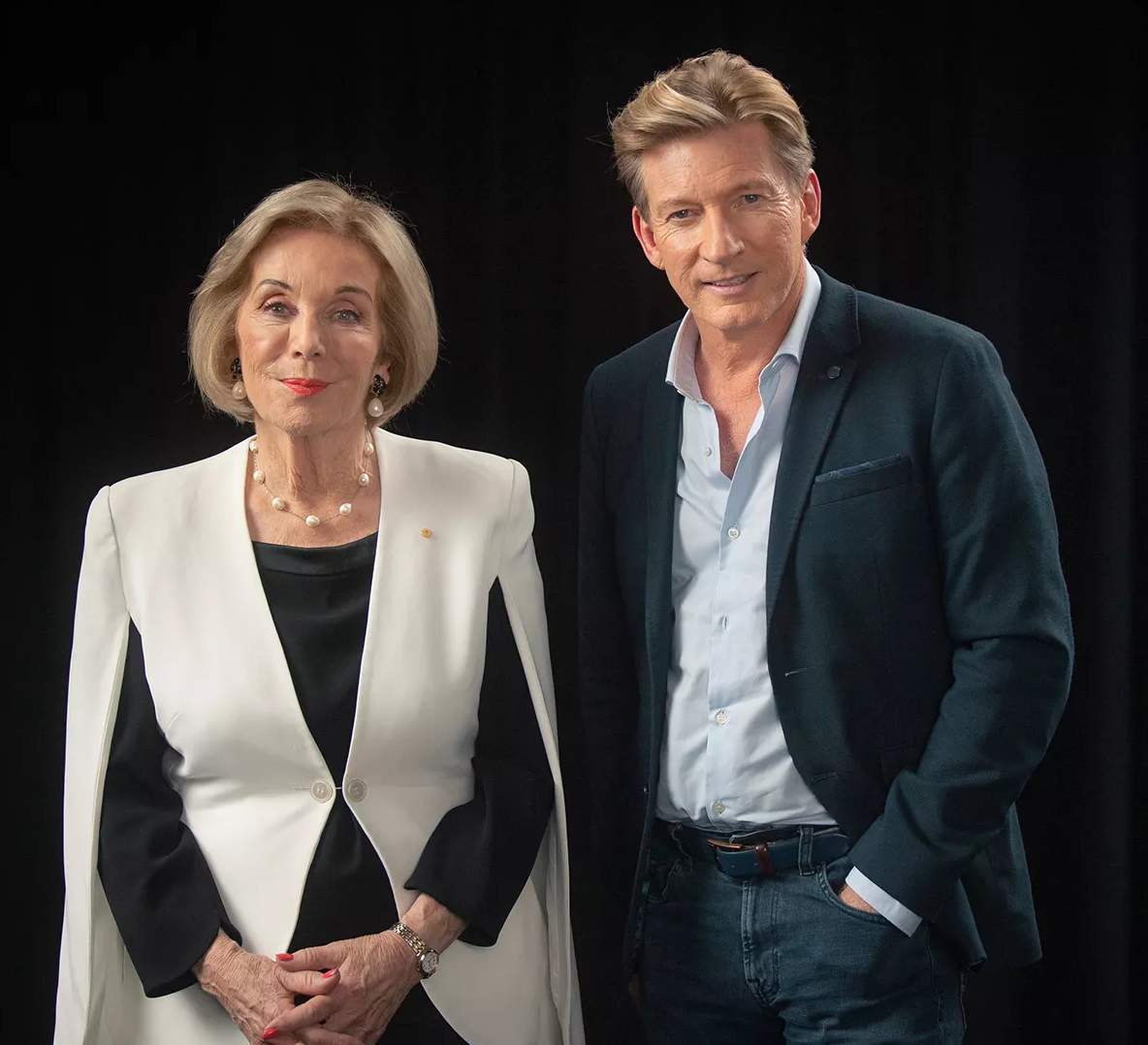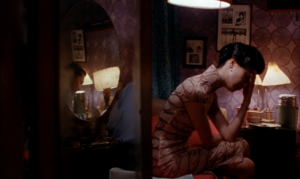As the ABC turned ninety in July, we had the opportunity to reflect on and celebrate its contributions over the years. Only a tiny percentage of the Australian population is older than the broadcaster, with the majority of us likely unable even to imagine what our lives would have been like without it. From Play School to Old People’s Home for Teenagers, the ABC has been part of our lives for generations.
With the creation of content also comes the development of a vast archive of written, photographic, sound and audiovisual materials. The contents of this archive are distinct to the ABC, of course, but also unique in the Australian and international media landscapes. As anyone who moves from working at the ABC to a commercial broadcaster quickly realises, there’s usually no easy way to ‘quickly check what we have on file’ when someone or something important comes back into the news at short notice. Most commercial outlets are lucky if they keep records from the last year, let alone the last decade or century.
So when it was announced in June that there would be substantial cuts to the ABC Archives – crucially, in the form of specialist archivist personnel – there was an understandable mix of concern and confusion. Why, especially in an anniversary year for the organisation, would those who support and protect its legacy be not just overlooked but actively removed? According to a report by Amanda Meade in The Guardian, ‘The plan is to abolish 75 jobs, 58 permanent positions and 17 contractors, and replace some of them with so-called content navigators tasked with helping harried journalists find material and log metadata into the system.’
If the idea of a ‘content navigator’ sounds vague, that’s probably because it is. While an archivist has a clear role – to capture, catalogue and maintain an archive, including various new and emergent forms – the term ‘content navigator’ doesn’t even really explain how content is defined, let alone what terrain might need to be navigated (or how materials might get allocated to that area in the first place). And surely it’s not enough to just hope that journalists and content creators will keep good notes as they go; they’re not trained to do that, and are barely given the resources to keep the lights on now let alone remember to hit ‘save’ and back up properly. And let’s not even get started on the nuances of cataloguing, metadata and updating of storage methods.
Within the broadcaster, campaigns to reconsider this decision have been waged in plain sight. The interview series The ABC Of directly and obviously uses ABC archival material to build a show, and in June invited none other than chair (and apparent authoriser of staff cuts) Ita Buttrose to be subject of its first episode. Watching her relive her own archive with obvious pride – if perhaps also some mild embarrassment – was clearly excellent television. It was also a pertinent reminder that the Itas of today, whether they be Myf Warhurst, Zan Rowe or Leigh Sales, may have their legacies lost or paused in the mid 2020s if this plan to axe archivists goes ahead. Even worse, the Itas of the future – such as Play School’s newest addition and youngest ever presenter, Miah Madden – may never have their names set up in databases in the first place.
During the ABC’s live anniversary-celebration broadcast on 30 June, ‘ABC 90 Celebrate!’, archives were relied on heavily, with hosts making subtle comments about their importance. Less subtle was the use of archives in the special section of Gruen dedicated to the ABC’s birthday, in which host Wil Anderson thanked the ABC Archives for their help before throwing to a test pattern and saying, ‘Without them, here’s what [our show] would have looked like.’
In response to the proposals, communities of historians, academics, archivists and librarians have also made public appeals. Notably, an open letter submitted by the Australian Library and Information Association addressed Buttrose and ABC managing director David Anderson to convey ‘significant concern about the announced reduction in professional library and archival staff’ at the broadcaster as well as ‘the lack of a clear and public plan for the future of the ABC archives, library and information services’. Over 3000 signatures were included from individuals as well as organisations such as historical societies, museums and non-profits. The letter illustrated the problem powerfully and succinctly:
Australians trust the ABC to provide well researched, evidence-based journalism and high-quality programming. It is reasonable to expect that the ABC archival collection will be managed according to professional standards for creating, managing and preserving records, standards common to other public institutions responsible for a collection of national significance […] Journalists, while having many skills, do not have skills in digital collection management and preservation. Professional archivists and librarians do.
Let’s hope there’s a change of heart.





